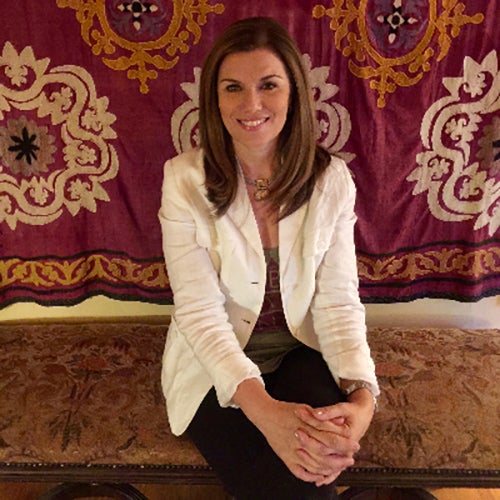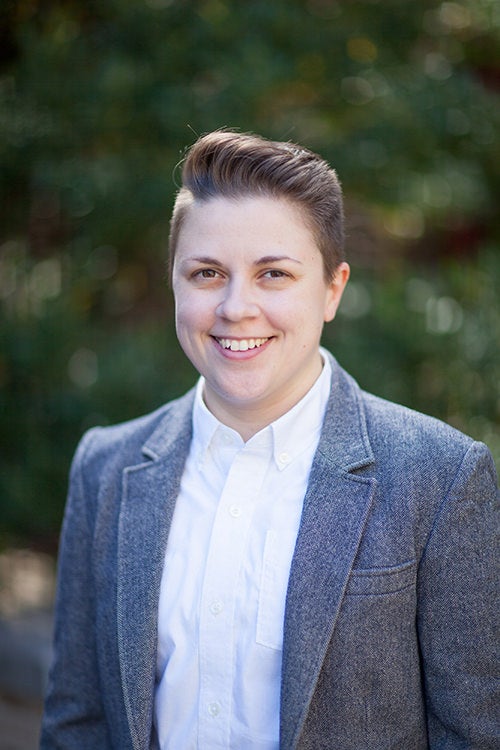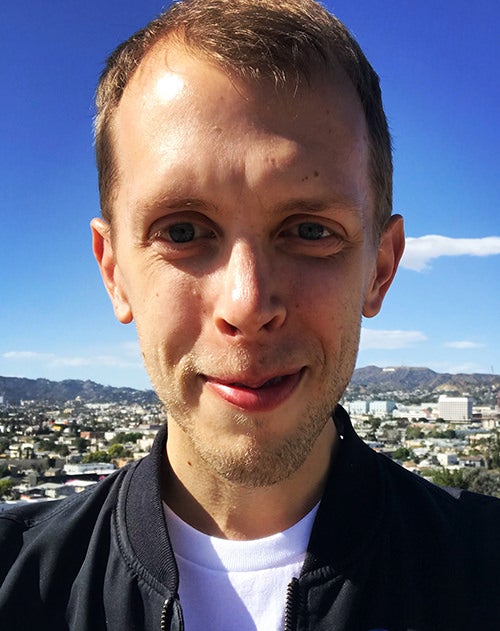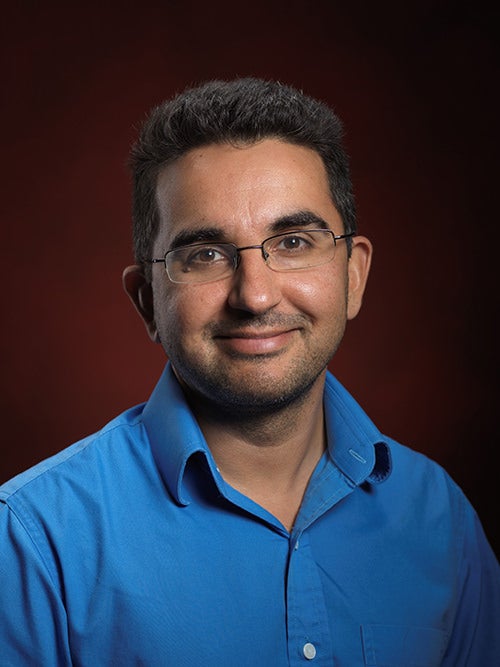Holstein Dissertation Fellowship Mentors 2020-2021
| Sherine Hafez is Professor and Department Chair of Gender and Sexuality Studies at UC Riverside. She is the Co-Editor of the Journal of Middle East Women’s Studies (JMEWS) and served as President for the Association of Middle East Anthropologists (AMEA). Hafez’s research focuses on Islamic movements and gender studies in Arab and Middle Eastern cultures. Her new book Women of the Midan, The Untold Stories of Egypt’s Revolutionaries (Indiana University Press, 2019) discusses Egypt’s revolutionary women and gendered corporeal resistance in the Middle East. Hafez is the author of The Terms of Empowerment: Islamic Women Activists in Egypt (2003) which questioned the applicability of western liberal conceptions of empowerment to Islamic women’s activism. Her second book, An Islam of Her Own: Reconsidering Religion and Secularism In Women’s Islamic Movements (New York University Press, 2011), challenges binary representations of women’s subjectivities in Islamic movements by relating the interplay between the complex debates of modernity and postcoloniality to the particular historicity of Islam and secularism. She co-edited Anthropology of the Middle East and North Africa: Into the New Millennium, (Indiana University Press, 2013). Her articles have appeared in American Ethnologist; Signs: Journal of Women in Culture and Society; Feminist Review; Journal of Middle East Women’s Studies and Journal of North African Studies. Hafez lectures on gender studies in the Middle East and Muslim majority countries, Islamic movements, women’s Islamic activism and uprisings in the Arab World. | |
| Suzanna Krivulskaya is an Assistant Professor of History at California State University-San Marcos. She received her Ph.D. from the University of Notre Dame, her M.A. from Yale Divinity School, and her B.A. from LCC International University in Lithuania. At CSUSM, she teaches courses in LGBTQ+ history, women’s history, and digital history. Krivulskaya’s research interests include the relationship between sexuality and religion in modern U.S. history. Her current book project investigates how pastoral sex scandals have been covered in the popular press and how Protestant denominations and the reading public responded to the coverage. Krivulskaya’s work has been published in the Journal of American Studies, in Current Research in Digital History, and in the Journal of the Gilded Age and Progressive Era. She has also written for popular outlets like Religion Dispatches and The Revealer. Krivulskaya is the recipient of the 2019-2020 LGBTQ Religious History Award from the LGBTQ Religious Archives Network. | |
| Paul Lichterman currently is a Professor of Sociology and Religion at the University of Southern California. Paul writes on culture, religion, civic and political participation, cultural theory, ethnographic methodology and logic of inquiry. He is the author of Elusive Togetherness: Church Groups Trying to Bridge America’s Divisions, The Search for Political Community, and co-editor of The Civic Life of American Religion. His research articles have appeared in American Journal of Sociology, American Sociological Review, and Sociological Theory among other forums. His new book, How Civic Action Works: Fighting for Housing in Los Angeles, will appear in winter 2021. | |
| David K. Seitz is a critical geographer of liberal multiculturalism. His writing investigates the cultural, political, and affective dimensions of geographical processes, including urban gentrification, immigration and asylum, queer community formation, and U.S. imperialism. He is the author of A House of Prayer for All People: Contesting Citizenship in a Queer Church (Minnesota, 2017). Seitz is an assistant professor of cultural geography in the Department of Humanities, Social Sciences, and the Arts at Harvey Mudd College in Claremont, California. He is also an affiliated faculty in the Cultural Studies Department at Claremont Graduate University, and core faculty in the American Studies Program at the Claremont Colleges. He is delighted to be returning to the Holstein Fellowship as a mentor for a second time. | |
| Jamel Velji is an Associate Professor of Religious Studies at Claremont McKenna College. His work lies at the intersection of Islamic Studies and Religious Studies. His book, An Apocalyptic History of the Early Fatimid Empire, is the inaugural volume of Edinburgh University Press’s series on Islamic Apocalypticism and Eschatology. The book examines how the Fatimids (909-1171) came to rule a vast swath of North Africa through what we might now call an apocalyptic revolution. It also examines how the Fatimids adjusted their theology when the end of the world, and the Fatimids’ promised utopia, failed to arrive. Velji’s second book is about coffee’s Islamic past, and how that past becomes reinterpreted as coffee enters Europe. He holds a Ph.D. from the University of California at Santa Barbara, an MA from McGill’s Institute of Islamic Studies, and a BA in religion from Haverford College. |




